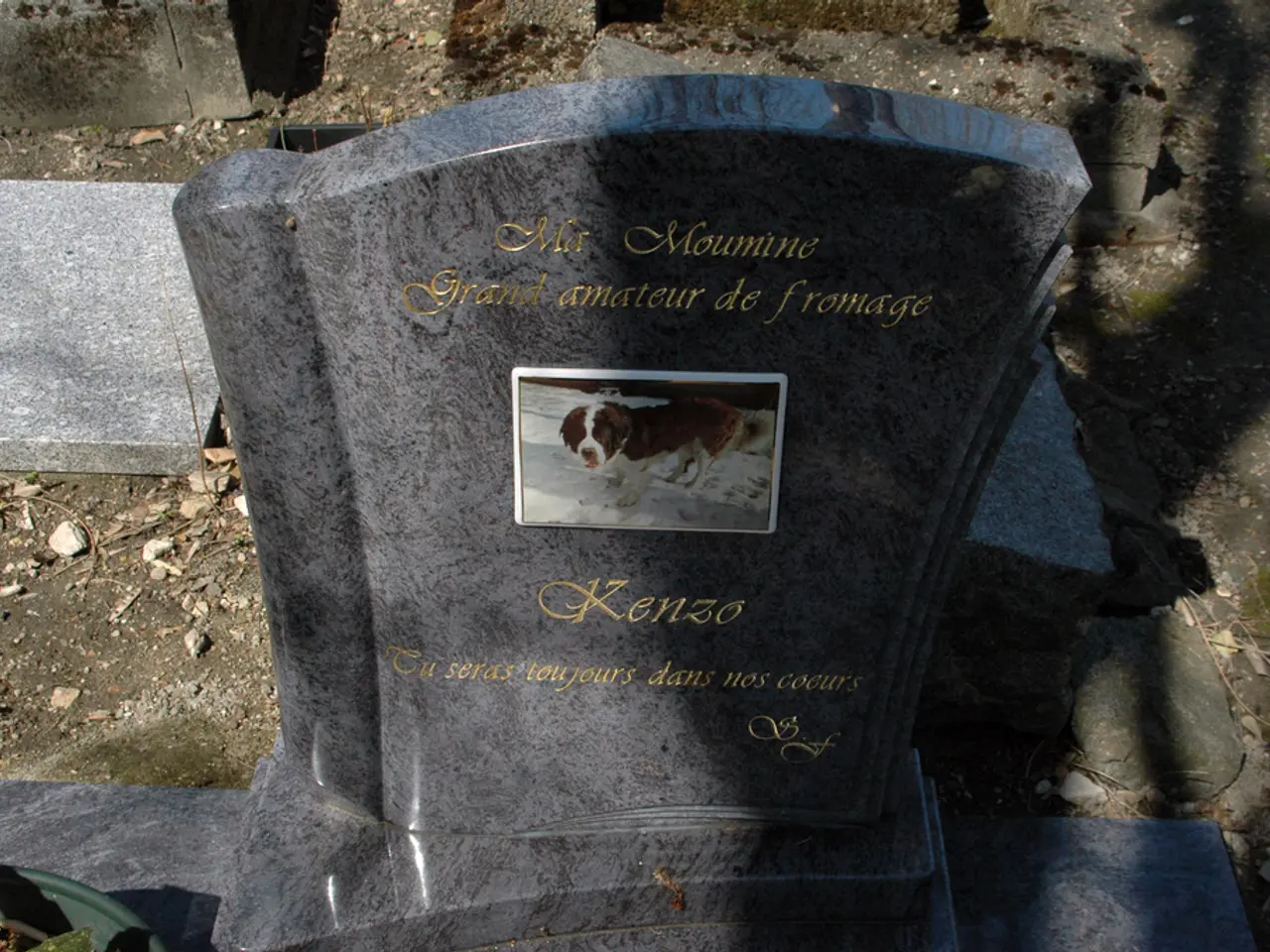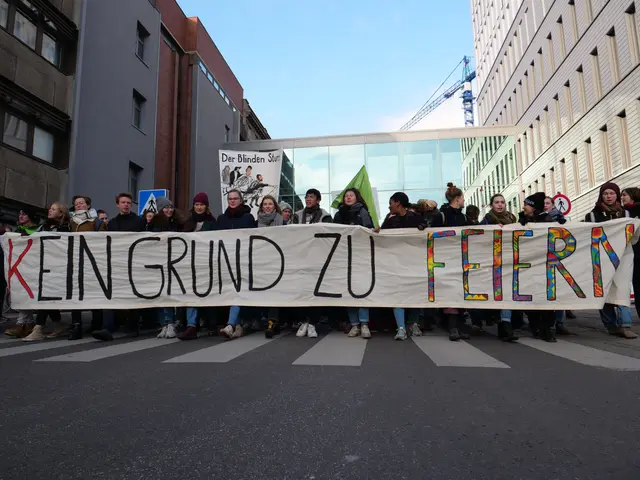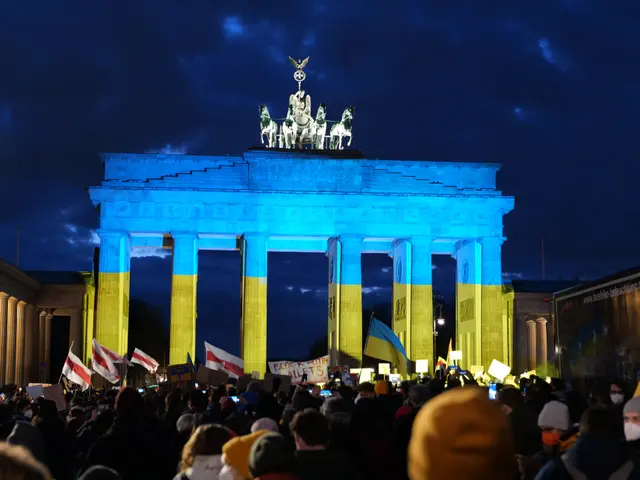Philippines Enacts Free Funeral Services Act for Poor Families
The Philippines has enacted a new law, Republic Act No. 12309, known as the Free Funeral Services Act, on September 28, 2025. This act aims to provide free funeral services to poor and indigent families, as well as those affected by calamities or emergencies who cannot afford funeral rites. The law is a testament to Representative Duke Frasco's commitment to the welfare of the poor and his belief in compassionate and equitable government response to human need.
The Free Funeral Services Act was principally authored by Cebu 5th District Representative Duke Frasco through House Bill No. 102, with its counterpart Senate Bill No. 2965. The law is a result of careful refinement and strong advocacy in both the House of Representatives and the Senate. It lapsed into law on September 28, 2025, and mandates that the government provide free funeral services to poor and indigent Filipinos. The Department of Social Welfare and Development (DSWD) will lead its implementation, including the issuance of rules and regulations within 60 days of the law's effectivity. Accredited funeral homes must offer standard indigent funeral packages reimbursed by DSWD, with fines and penalties for violations. The initial proposal sought to regulate funeral costs but evolved into a comprehensive social justice initiative ensuring dignity in death for all Filipinos.
Representative Frasco sees the enactment of the Free Funeral Services Act as a victory for the Filipino people. He believes that this law honors life by dignifying death, ensuring that all Filipinos, regardless of their financial status, can have a dignified send-off.
Read also:
- American teenagers taking up farming roles previously filled by immigrants, a concept revisited from 1965's labor market shift.
- Weekly affairs in the German Federal Parliament (Bundestag)
- Landslide claims seven lives, injures six individuals while they work to restore a water channel in the northern region of Pakistan
- Escalating conflict in Sudan has prompted the United Nations to announce a critical gender crisis, highlighting the disproportionate impact of the ongoing violence on women and girls.






